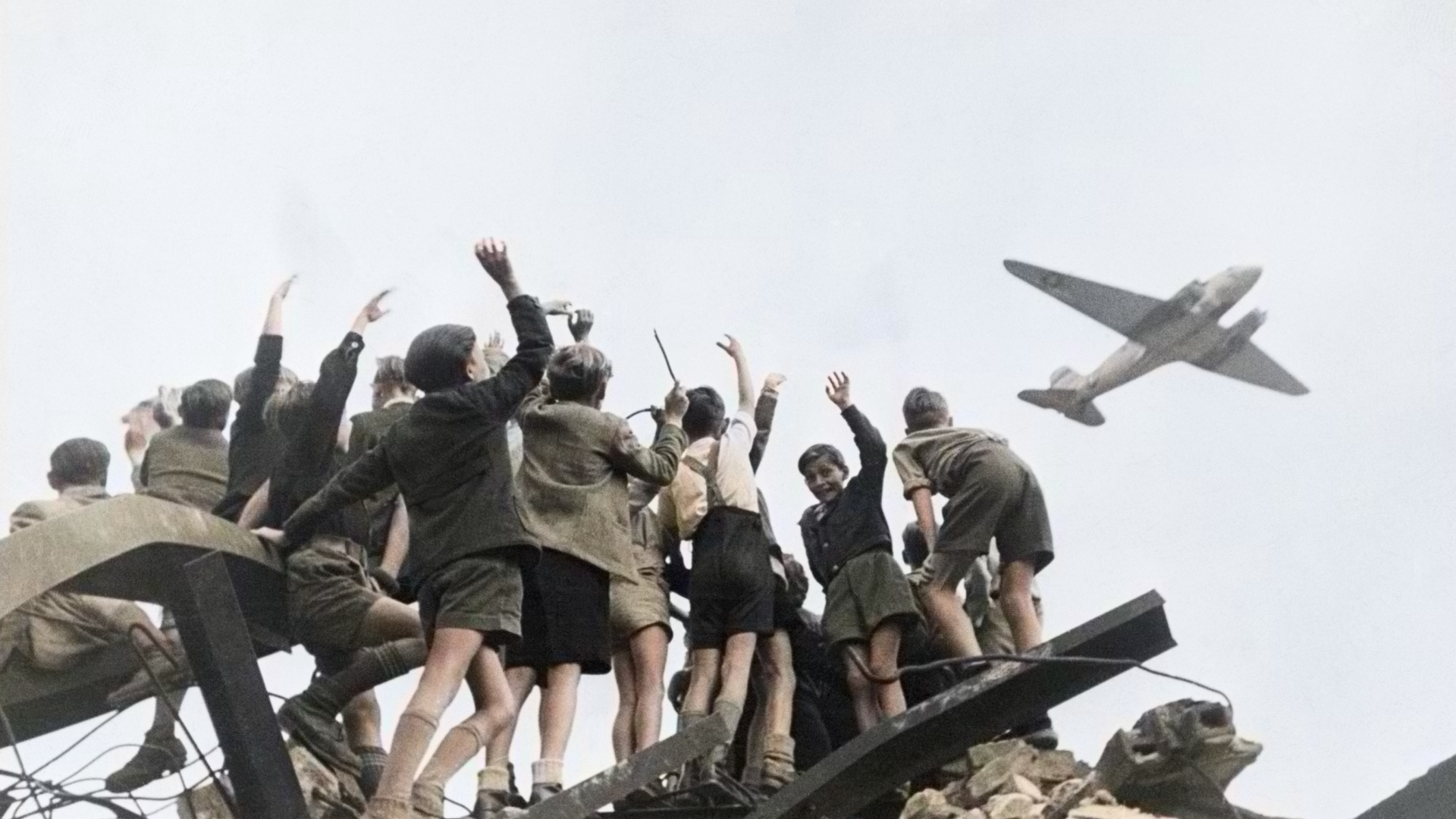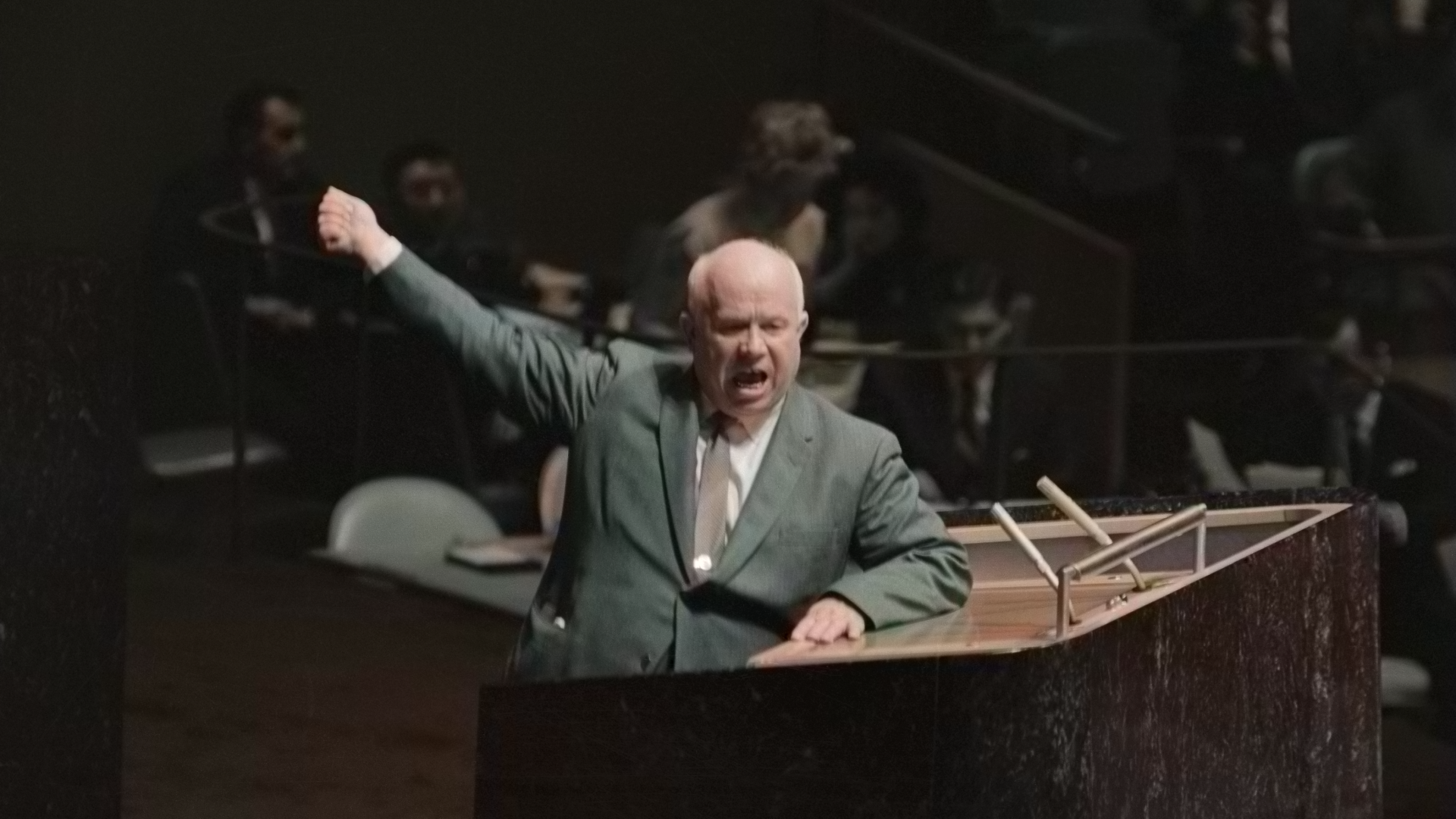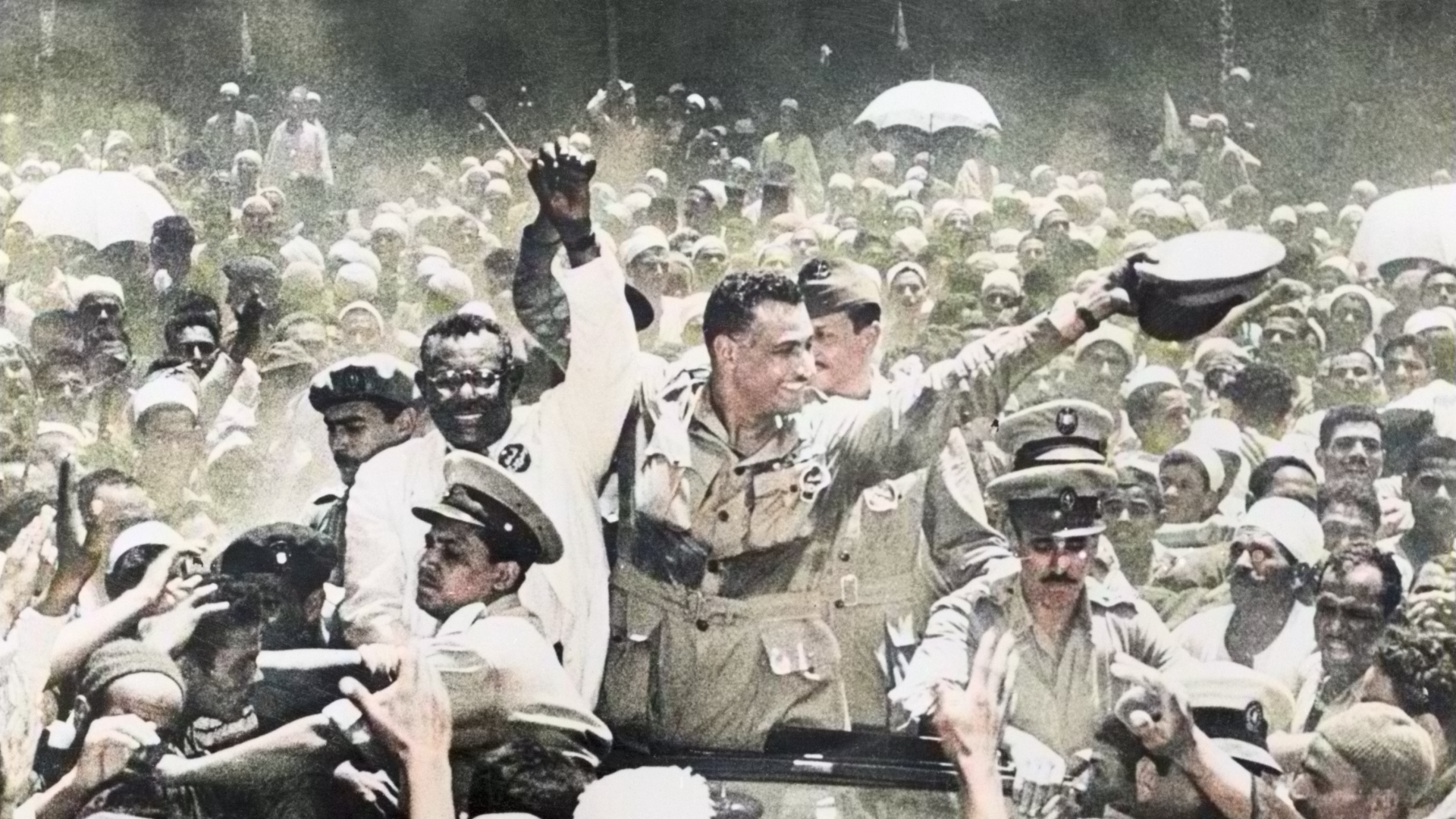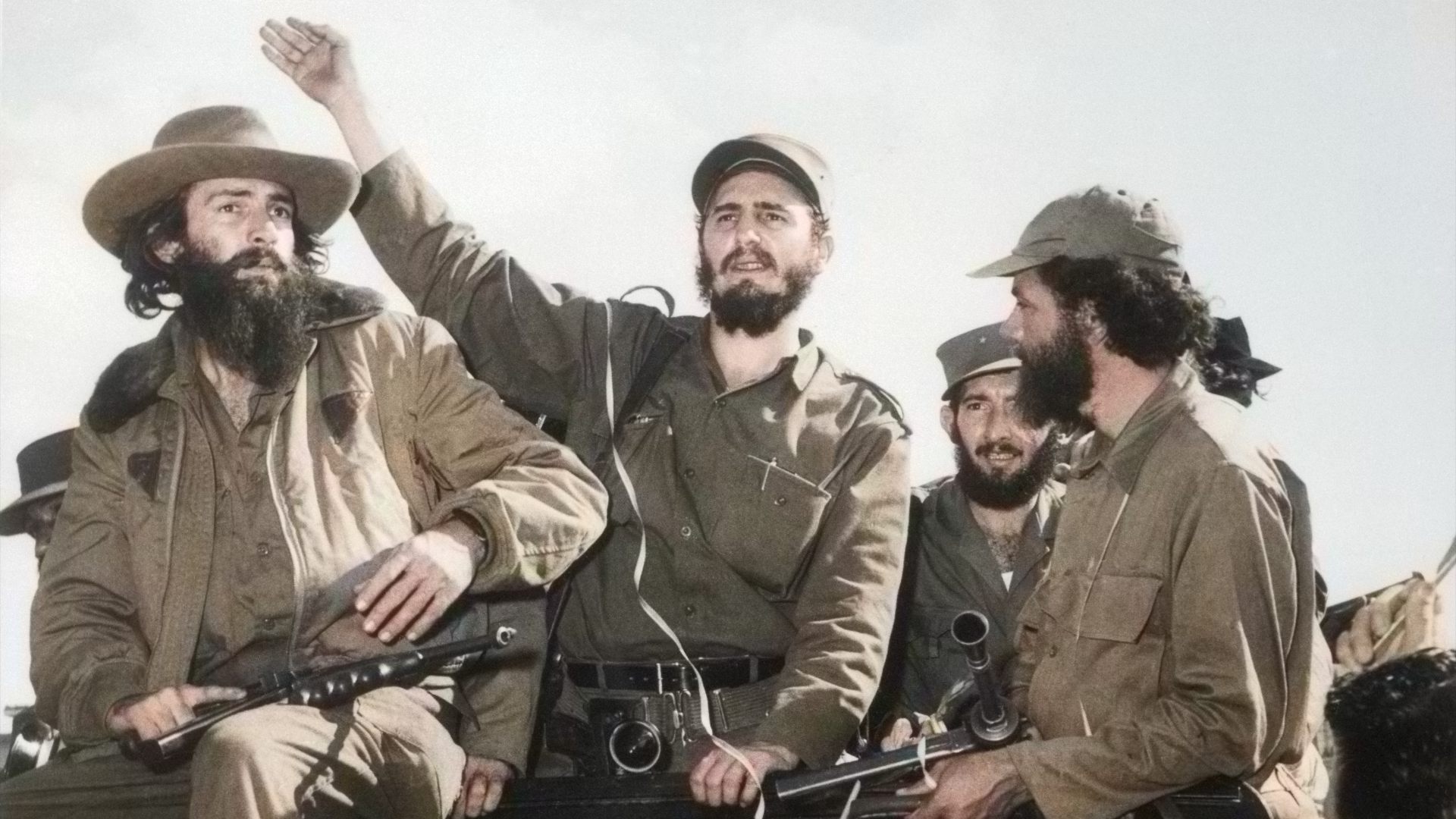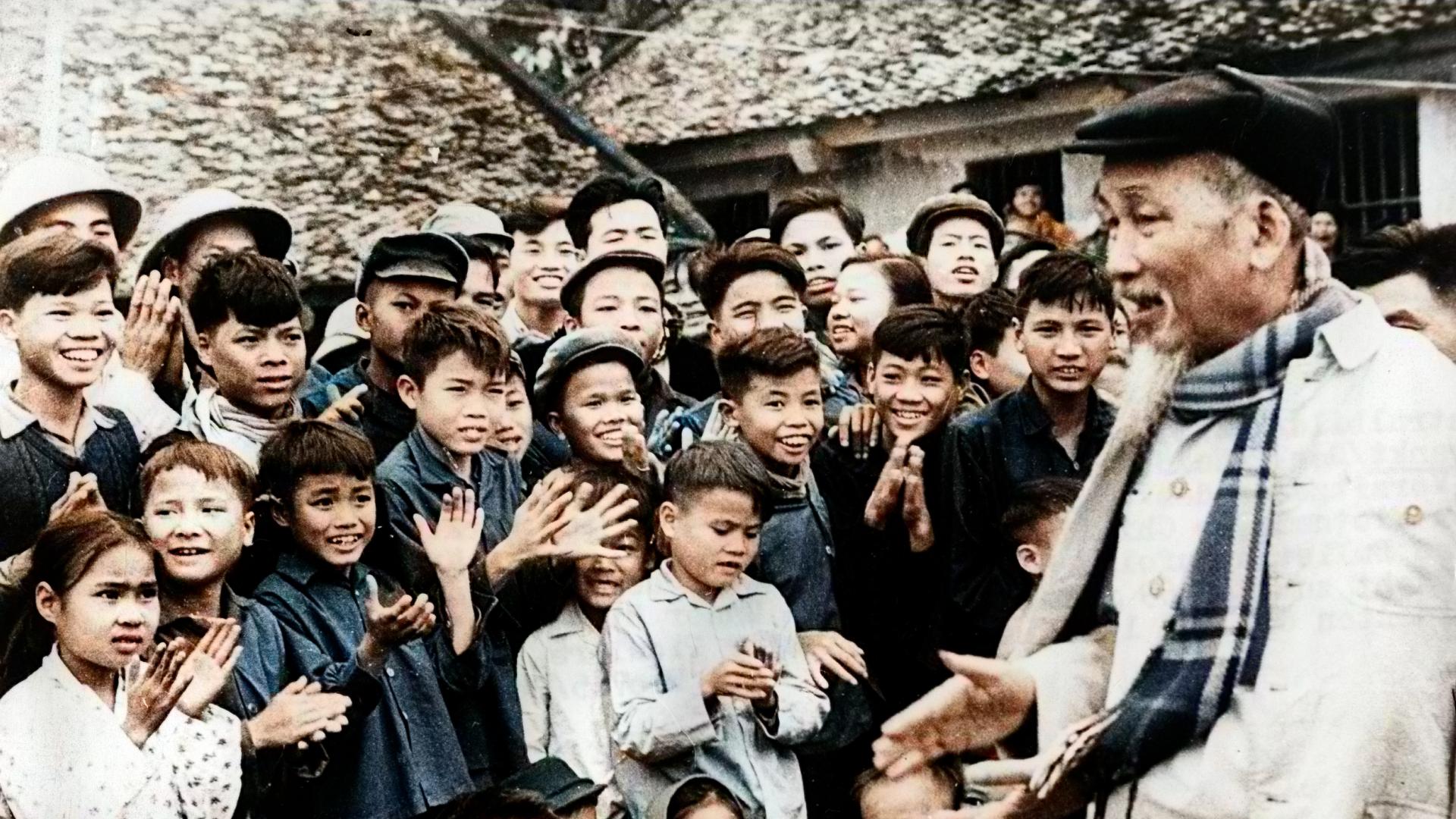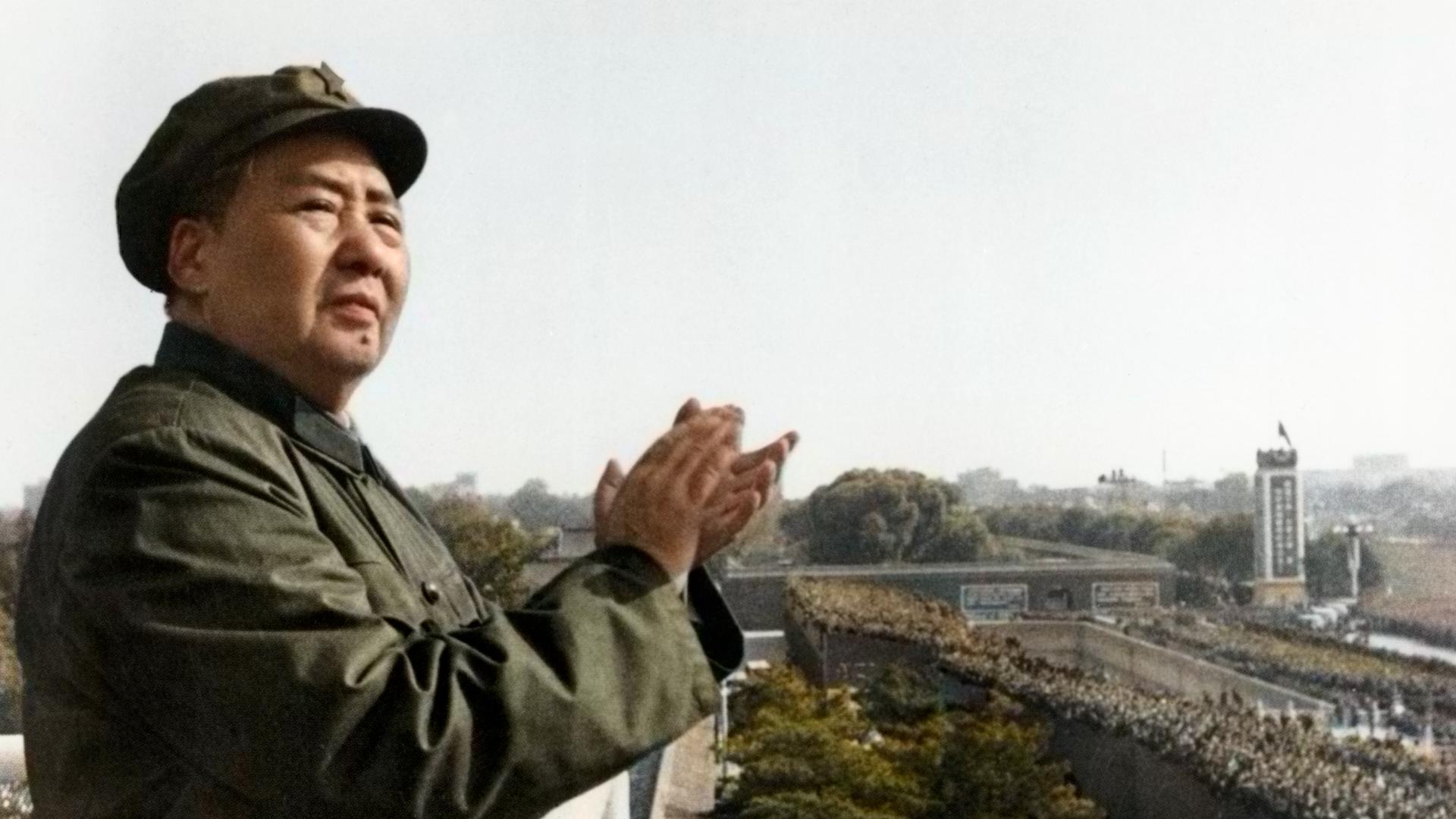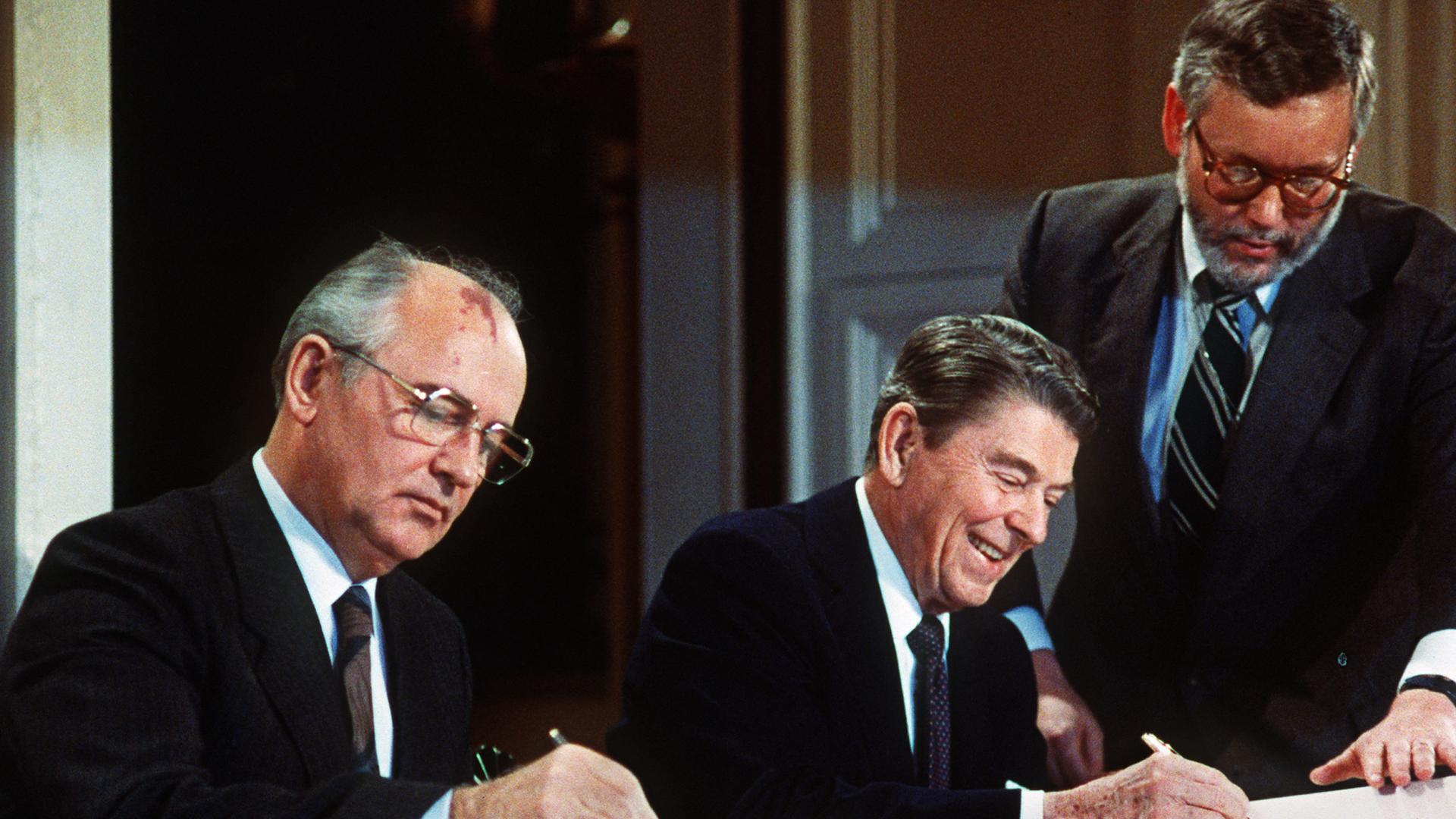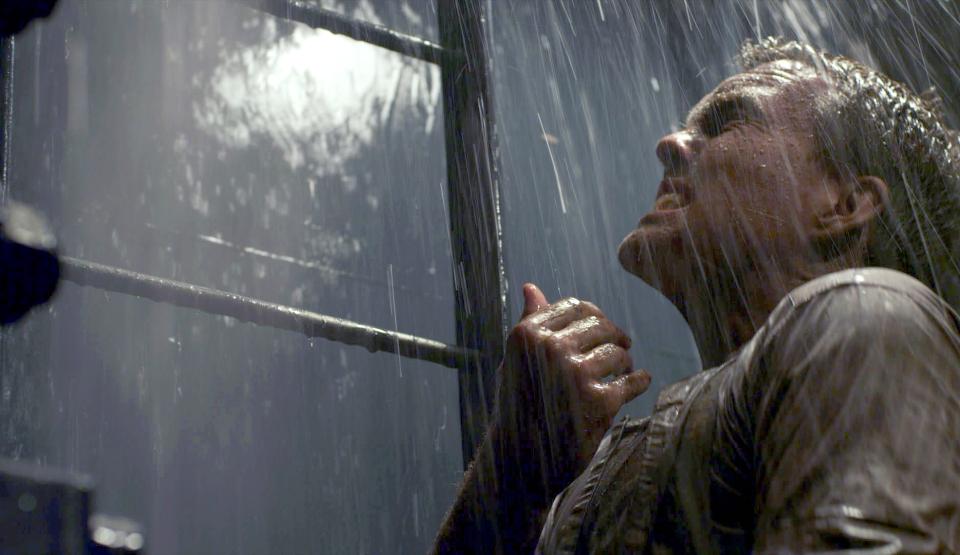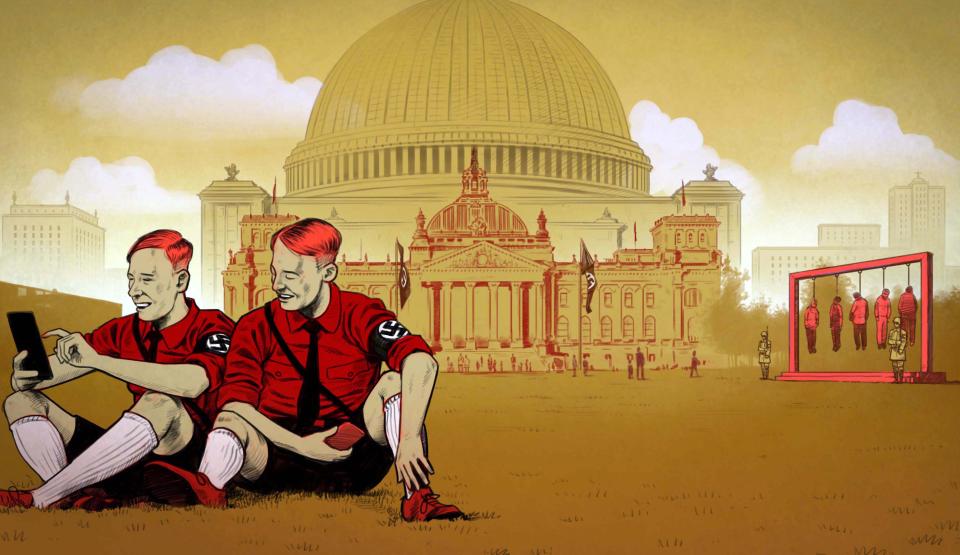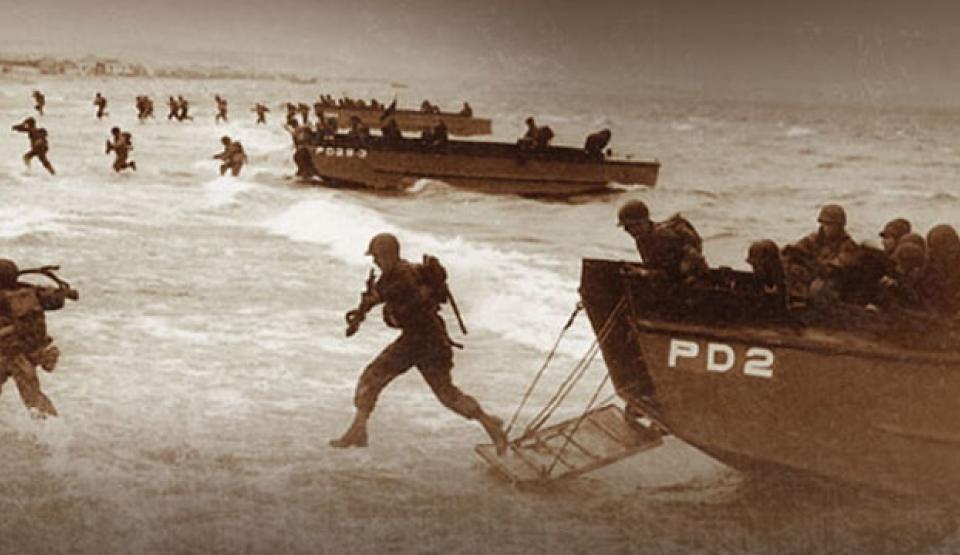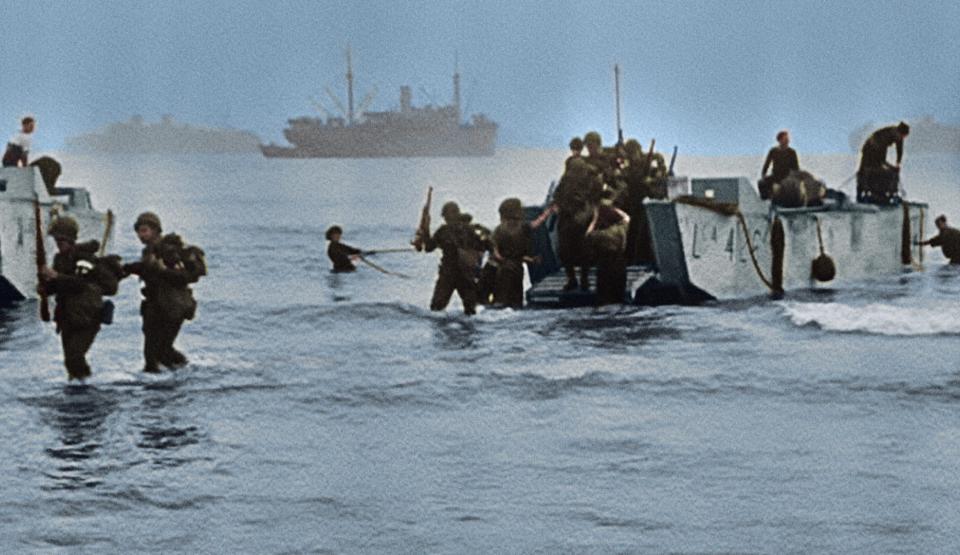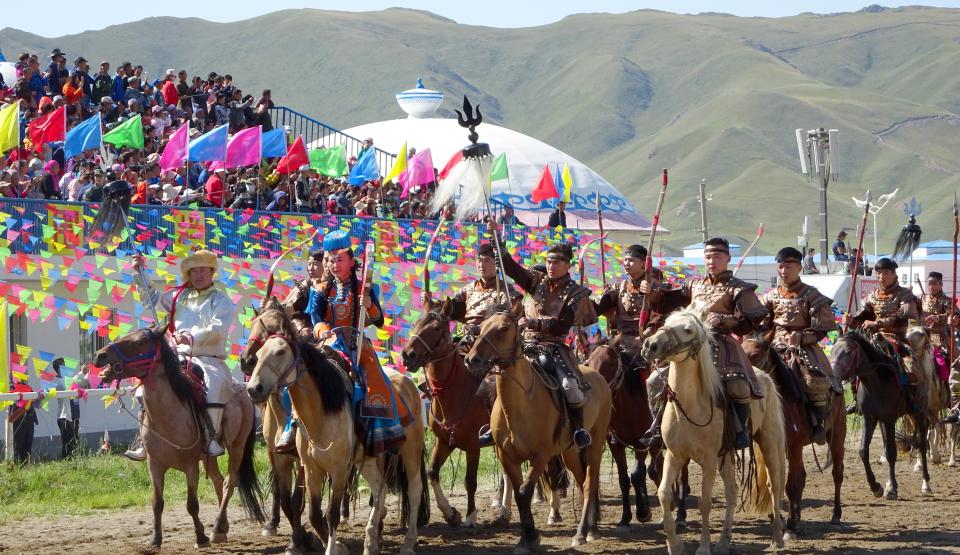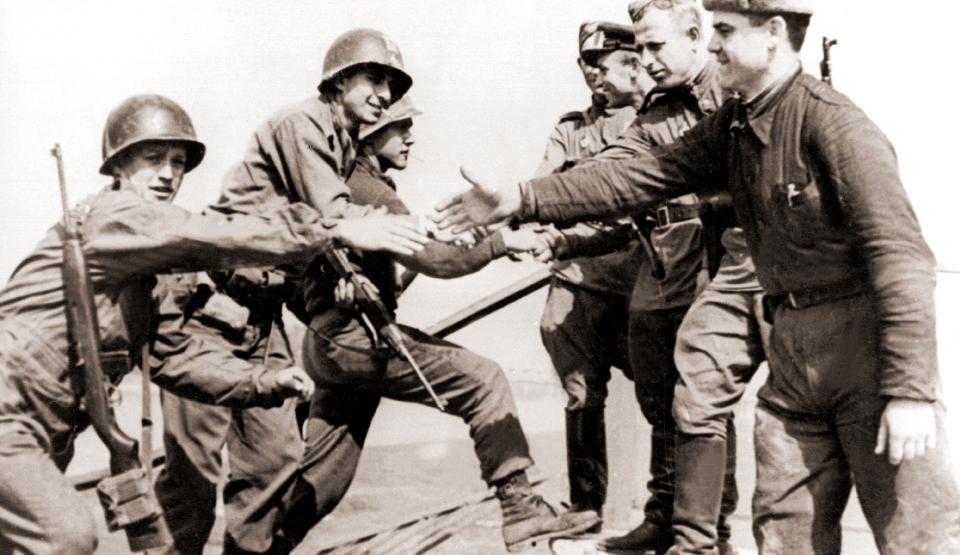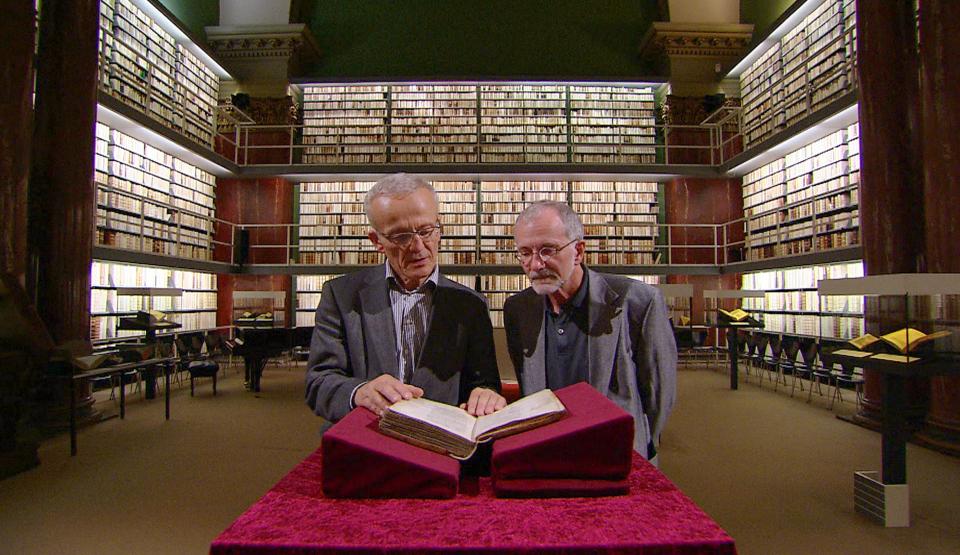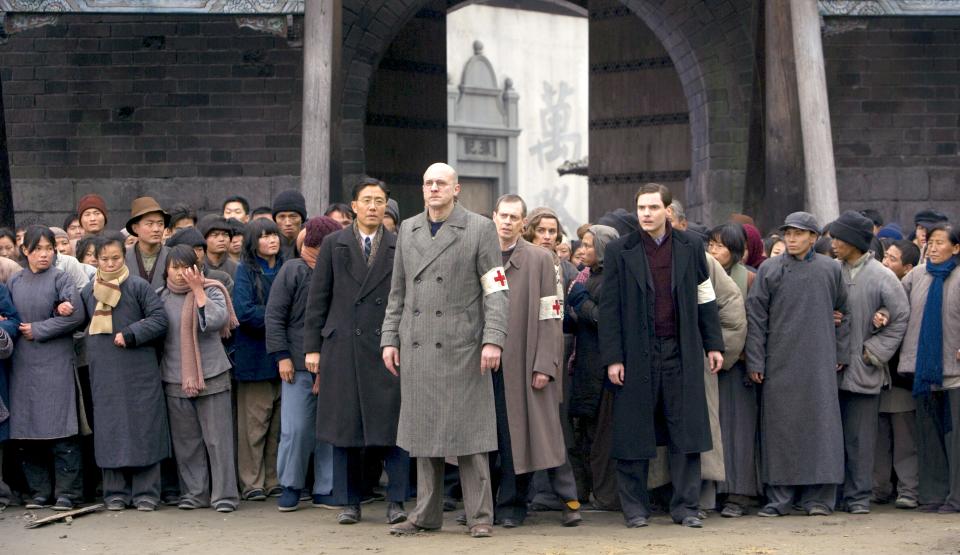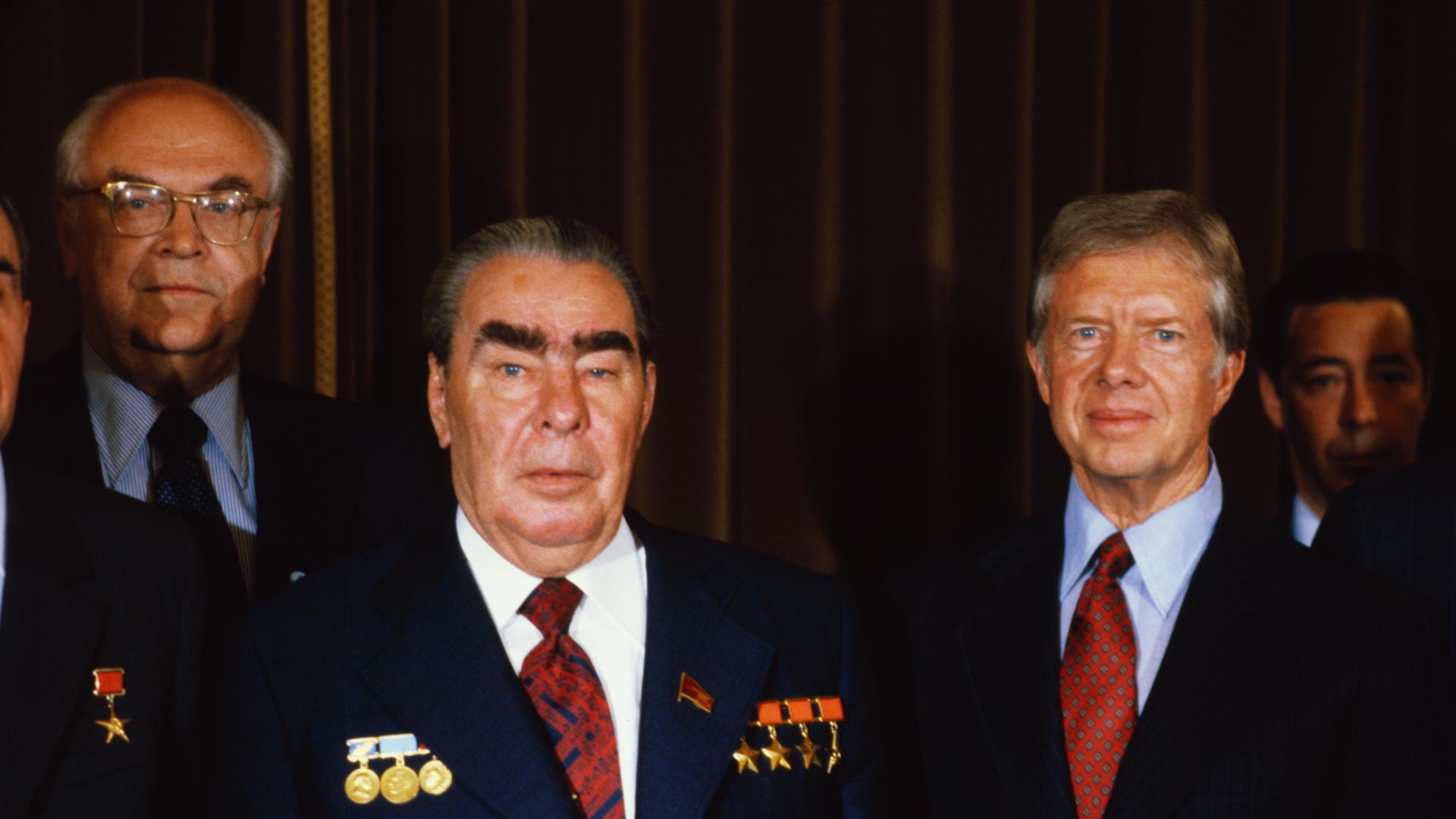
"Tensions Rising" captures the volatile late 1970s as détente crumbles and the Cold War intensifies. U.S. President Jimmy Carter enters office promising human rights and reform, while Soviet leader Leonid Brezhnev seeks stability through arms parity and managed competition. Yet their contrasting visions clash amid deep mistrust and mounting crises.
The 1979 storming of the U.S. Embassy in Tehran sets the tone of escalating turmoil. Carter’s Camp David peace accords initially suggest progress, but the Iranian Revolution and ensuing hostage crisis quickly unravel optimism. Brezhnev, wary of Islamic radicalism near Soviet borders, shifts focus to Afghanistan, culminating in a full-scale Soviet invasion in December 1979, a move that ends détente and shocks the West.
Carter’s response is forceful: sanctions, the 1980 Olympic boycott, and the "Carter Doctrine" pledging military protection of Persian Gulf interests. His failed hostage rescue mission, Operation Eagle Claw, deepens perceptions of U.S. weakness. Meanwhile, Brezhnev’s deployment of SS-20 missiles underscores the renewed arms race.
As Carter falters at home, Ronald Reagan seizes the moment, winning the 1980 election. Brezhnev’s declining health and death in 1982 leave the U.S.S.R. entrenched in Afghanistan and facing mounting costs. "Tensions Rising" reveals how revolution, miscalculation, and faltering diplomacy reignited Cold War hostility and set the stage for its climactic final act.
